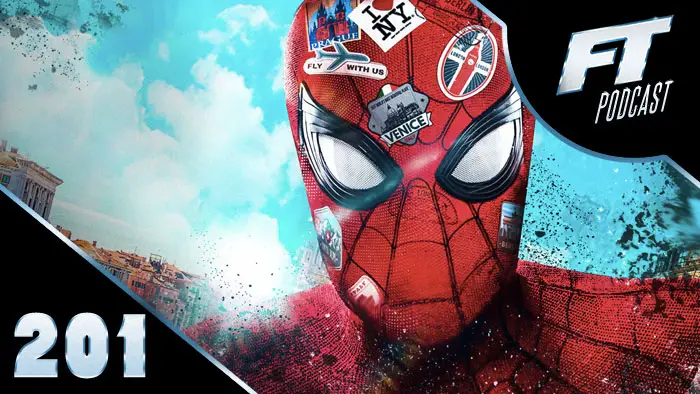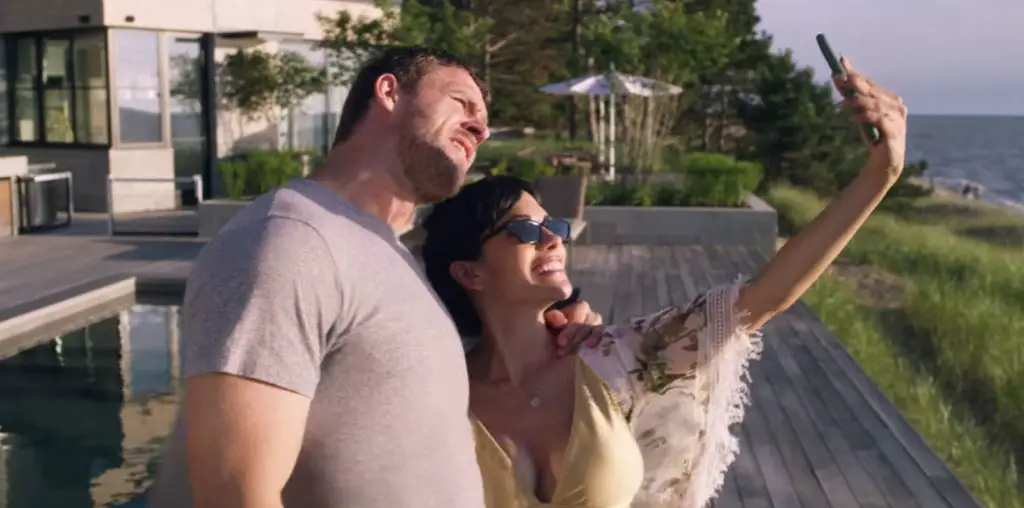
On a short list with “Crouching Tiger, Hidden Dragon” and “Requiem for a Dream,” “The Claim” is one of the year’s most visually stylistic films. It’s shot in color, but a large portion of the film’s exterior images are opulent black and white renderings of a sooty, high Sierra Nevada mining town layered against a snow fallen backdrop. The composition is such compelling poetry, it seems all too certain that the story can’t measure up; and by the final act, that construct comes to fulfillment.
Based on Thomas Hardy’s “The Mayor of Casterbridge,” the venue for director Michæl Winterbottom’s cinematic adaptation is a mountain locked western of sorts. It unfolds in a gold rush town named Kingdom Come where life is both anarchic and bureaucratic. The town is overseen and run by Daniel Dillon (Peter Mullan), an Irish immigrant who laid ‘claim’ to the land some twenty years earlier. He’s similar to Gene Hackman’s “Unforgiven” sheriff in his strict upholding of rules, namely that guns aren’t allowed in his town, though Dillon’s not a sadist, just a tortured authoritarian.
Things in Kingdom Come, meander along with an orderly complacency. Each day after prospecting, the weathered gold seekers slither into the hotel, run by Milla Jovovich’s sexy vaudevillian siren, Lucia, where they find drink and comfort in the arms of the working girls, and thus surrender their hard day’s profits. Lucia may parcel out the working girls, but she, herself is marked for Dillon. Then one day a railroad surveillance party, led by Wes Bentley’s wide-eyed Donald Dalglish, comes to town to evaluate Kingdom Come as a potential passage way for the coastal connecting rail. The prospect of annexation threatens to upset Dillon’s power but that concern is upstaged by the arrival of his long departed daughter, Hope (Sarah Polley) who has returned to the area to bury her dying mother (Nastassja Kinski, in an astonishingly heartfelt performance).
The clutch to “The Claim” is that the past and the future will catch up to those who have perpetuated bad karma. It’s a noble and classic undertaking, but unfortunately the narrative unleashes the demons of the past too early, so that by the end of the film there is no means to trump its provocative foundation; the conclusion is forgone and anticlimactic. The other issue that plagues the film incessantly is its near shameless resemblance to Robert Altman’s fantastic “McCabe & Mrs. Miller” in texture, scope and resolution. The parallels are so strong it feels as if it were an under baked remake.
For Winterbottom, the film marks his second cinematic go at Hardy: in 1996 he made “Jude” (“Jude the Obscure”) with Kate Winslet. The soft spoken Brit’s an ambitious and talented filmmaker — just look at the quirky “Butterfly Kiss” or the cutting but touching “Welcome to Sarajevo” and you’ll know what I mean – it’s just too bad his latest effort rests on its veneer without cutting into new frontier.

